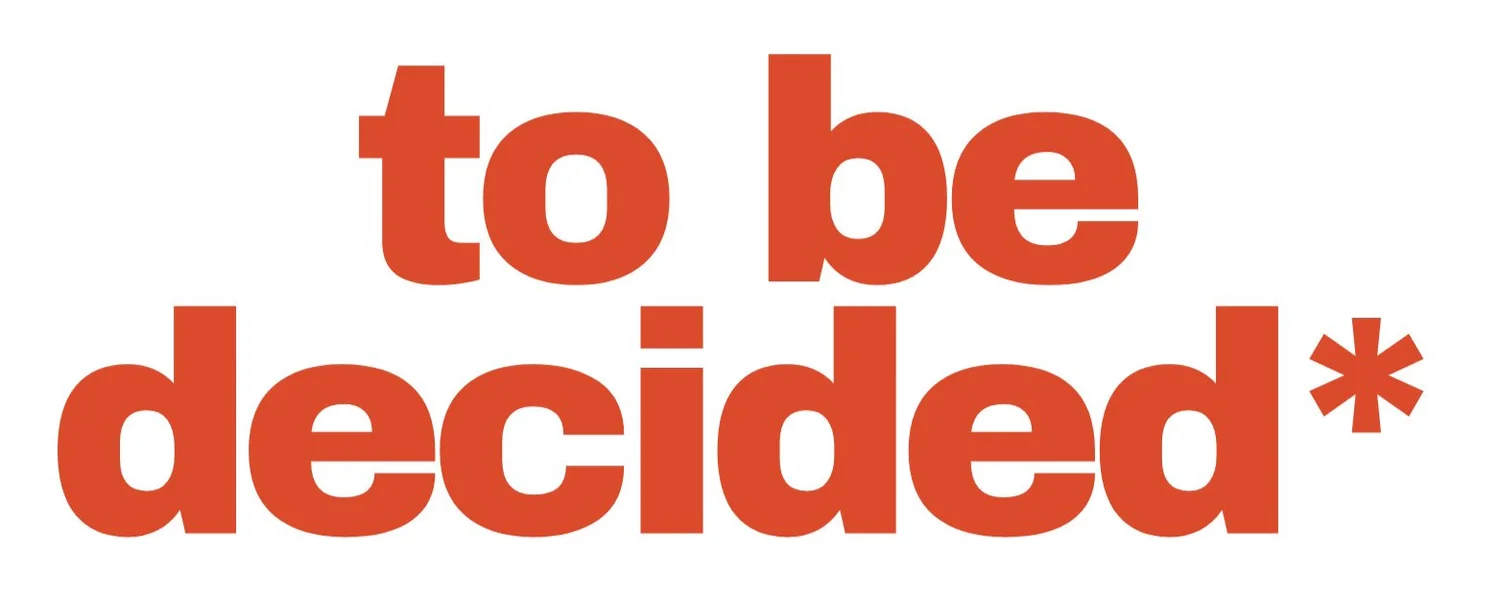Erin Chewter
Abstract
This paper explores epistemic responses to rupture (broadly defined as a neutral force of change) and their effects on relational paradigms. Totalizing paradigms respond fearfully to rupture via a self-perpetuating cycle of repression and domination, whereby the movement from one stage to the next is facilitated through instrumental reason, that is, through self-(pre)serving knowledge practices. Such a cycle, which I term deracination, is necrotic in its leveraging of violence to sever all forms of life-sustaining relationships, and the psychological domination it enforces can render the possibility of escape unfathomable. Despite this, the emergent decolonial tradition of Indigenous Resurgence theory refuses all colonial/capitalist disruptions to Indigenous relationships. Similarly, in the mid-twentieth century, the German-Jewish scholars of the Frankfurt School refused to accept the alleged inevitability of modernity’s exponentially accelerating fragmentation of human relationships (as epitomized in the totalizing ideologies of capitalism, fascism, and Stalinism).
What is so special about these two distinct responses to deracination? How are they related, and what does this tell us about how to interrupt totalizing cycles of dominating rupture and repressive response? To answer this query, the present paper begins with an articulation of rupture as a conceptual framework for understanding relationally driven change over time. It then moves to situate each theoretical tradition within such a framework. Key writings by Max Horkheimer and Theodor Adorno, will be interwoven with the insights of scholars from a wide range of Indigenous nations across North America towards elucidating the mechanisms of a deracinating imperial paradigm, various tactics for refusing its violent mode of (anti)relation, and some core features of non-repressive epistemologies capable of responding to the dynamic flux of inter-relational tensions without recourse to violence. I argue that the Frankfurt School and Indigenous Resurgence traditions are both distinctly non-repressive epistemological responses to traumatic ruptures, and that these responses interrupt and suspend totalizing, necrotic rupture cycles through their respective tactics of generative refusal, that is, through the integration, or re-situation of rupture as a creative and life-affirming force. The epistemological approach of first-generation Frankfurt School Critical Theory is shown to possess several crucial points of compatibility with Indigenous epistemologies. The holistic, relational, self-reflexive, and theistic inclinations demonstrated throughout their writings suggest that the Frankfurt School’s approach to critique might be a well-suited and culturally appropriate theoretical launching point for Euro-American scholars seeking to work in tandem with Indigenous Resurgence theorists towards generatively refusing anti-relational, delocalized modes of knowing and being in the world.
